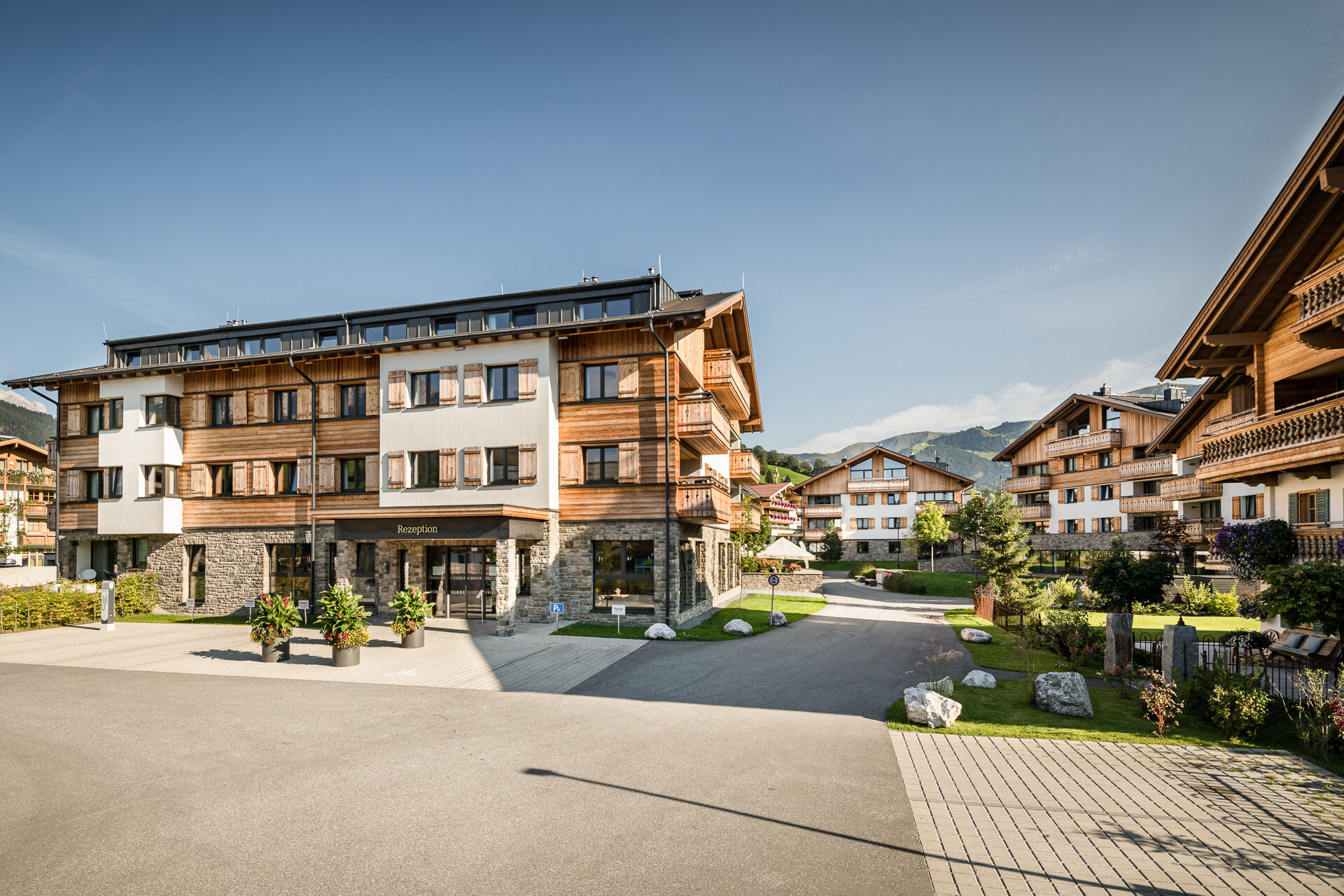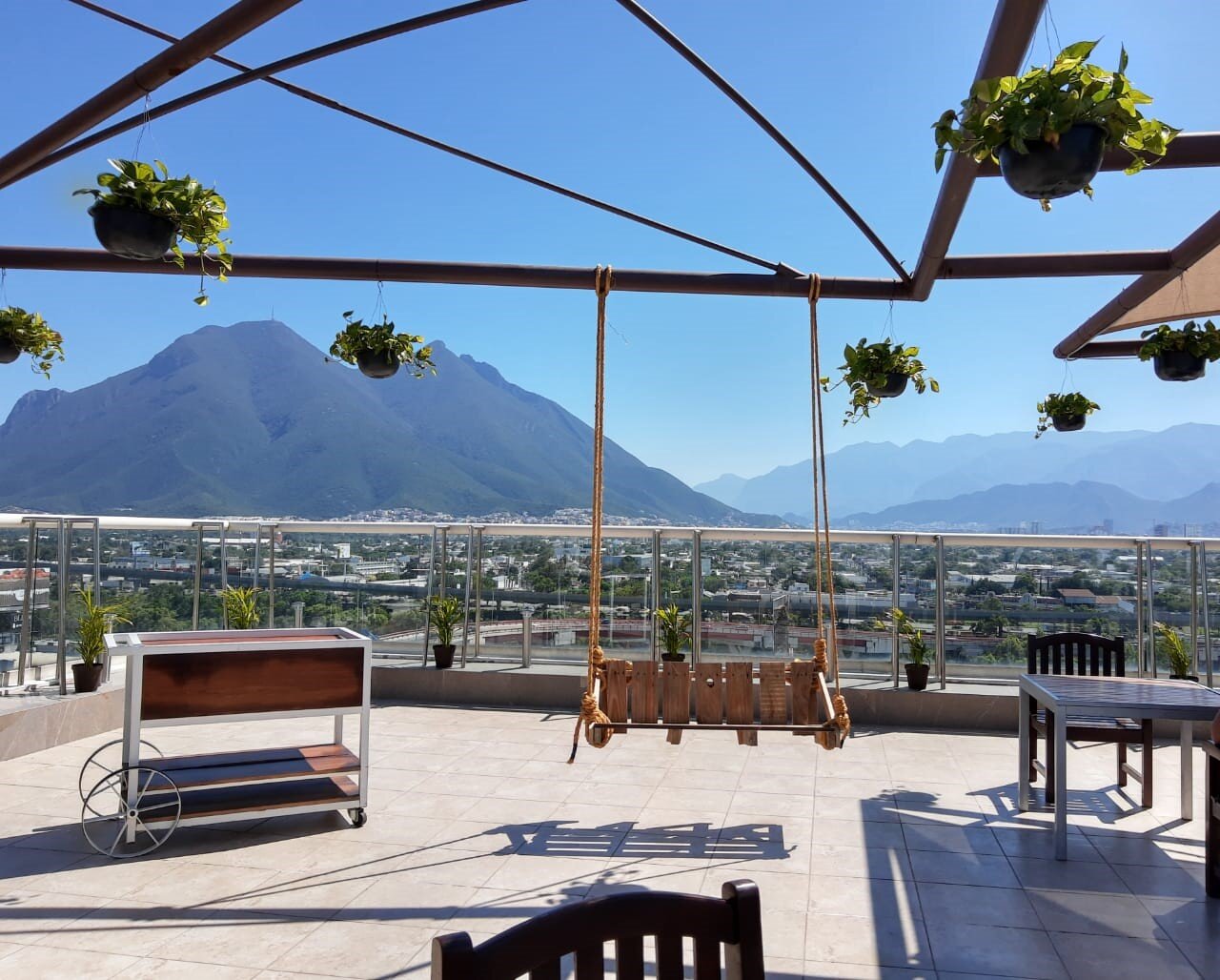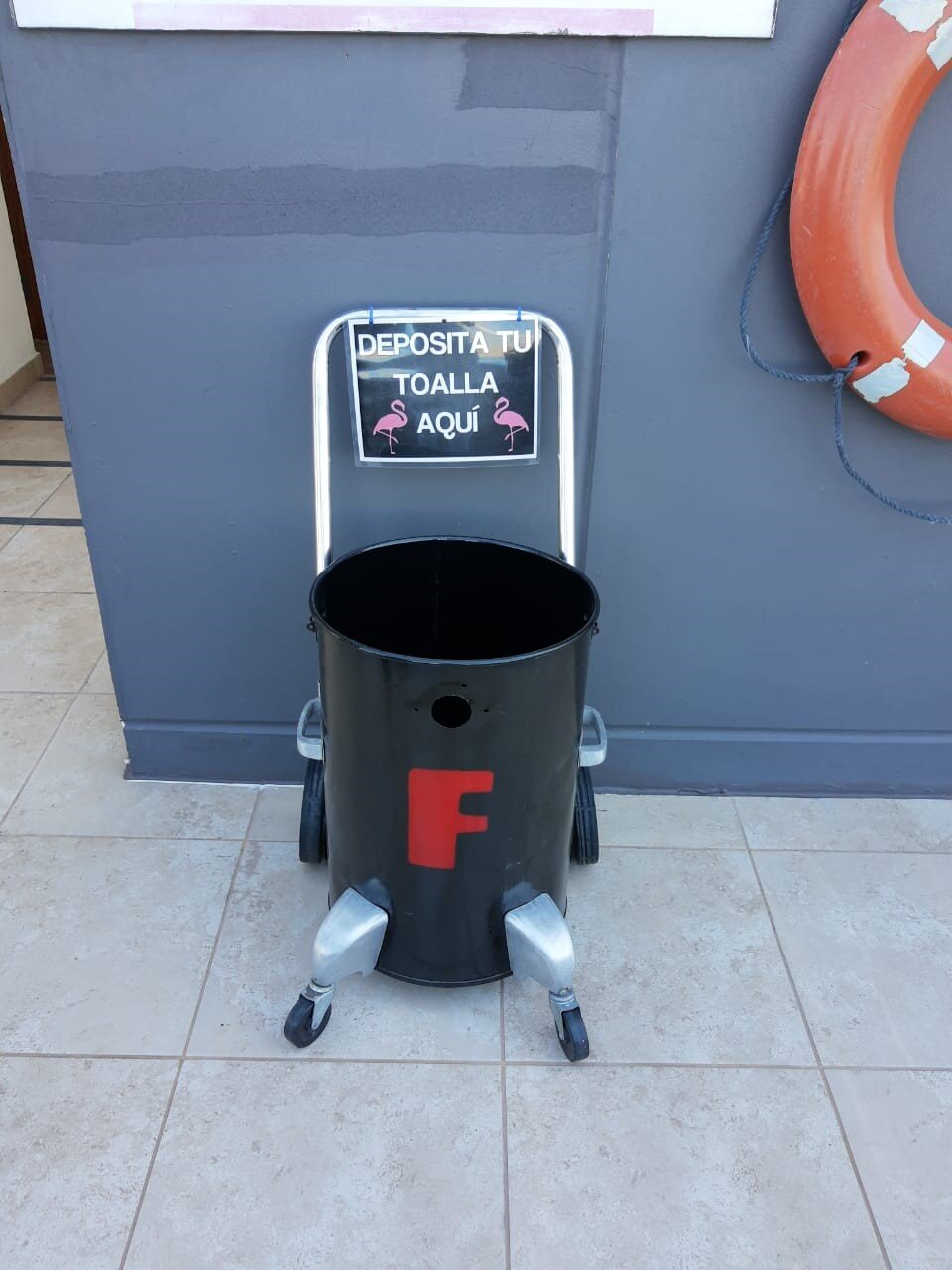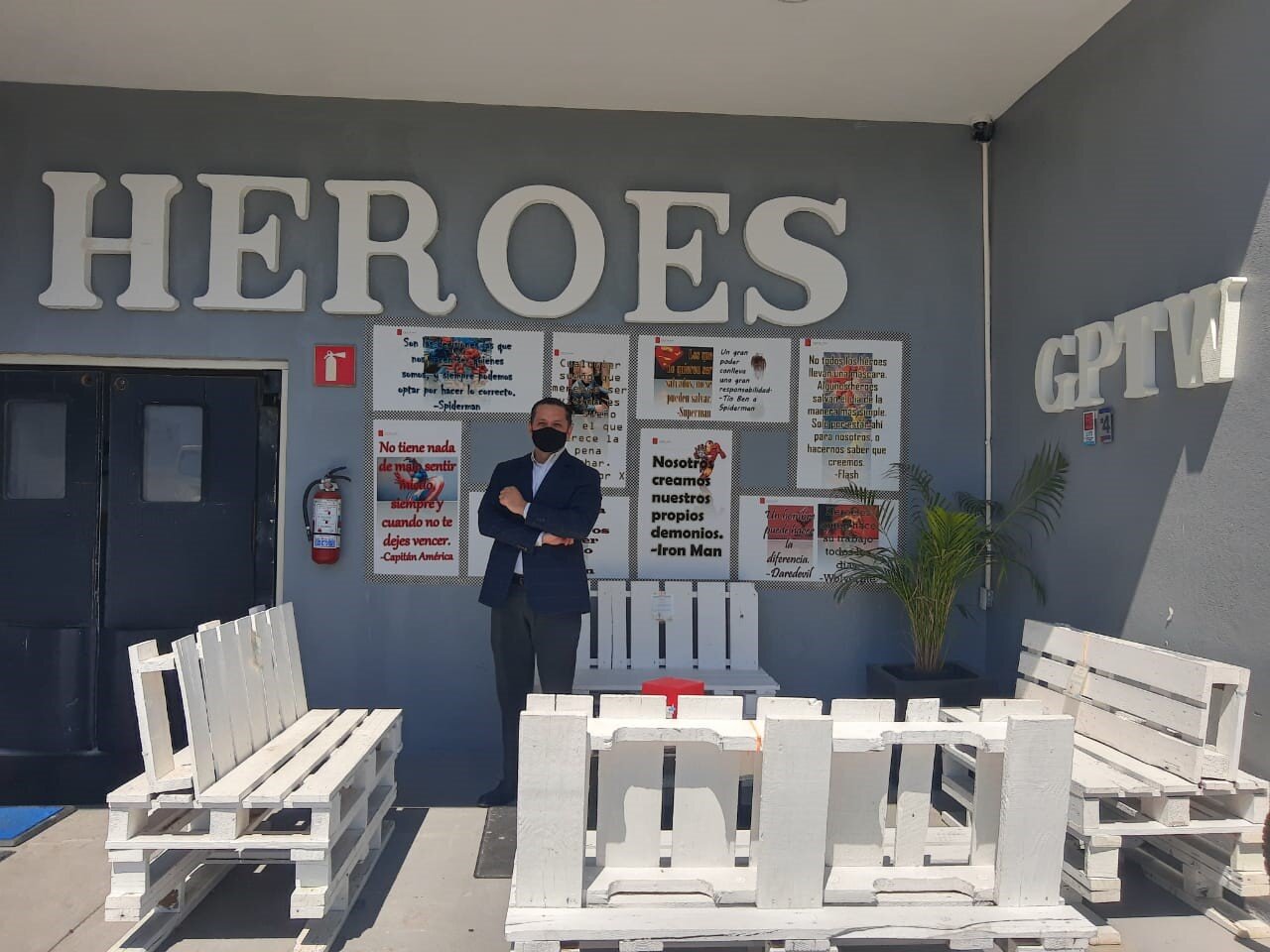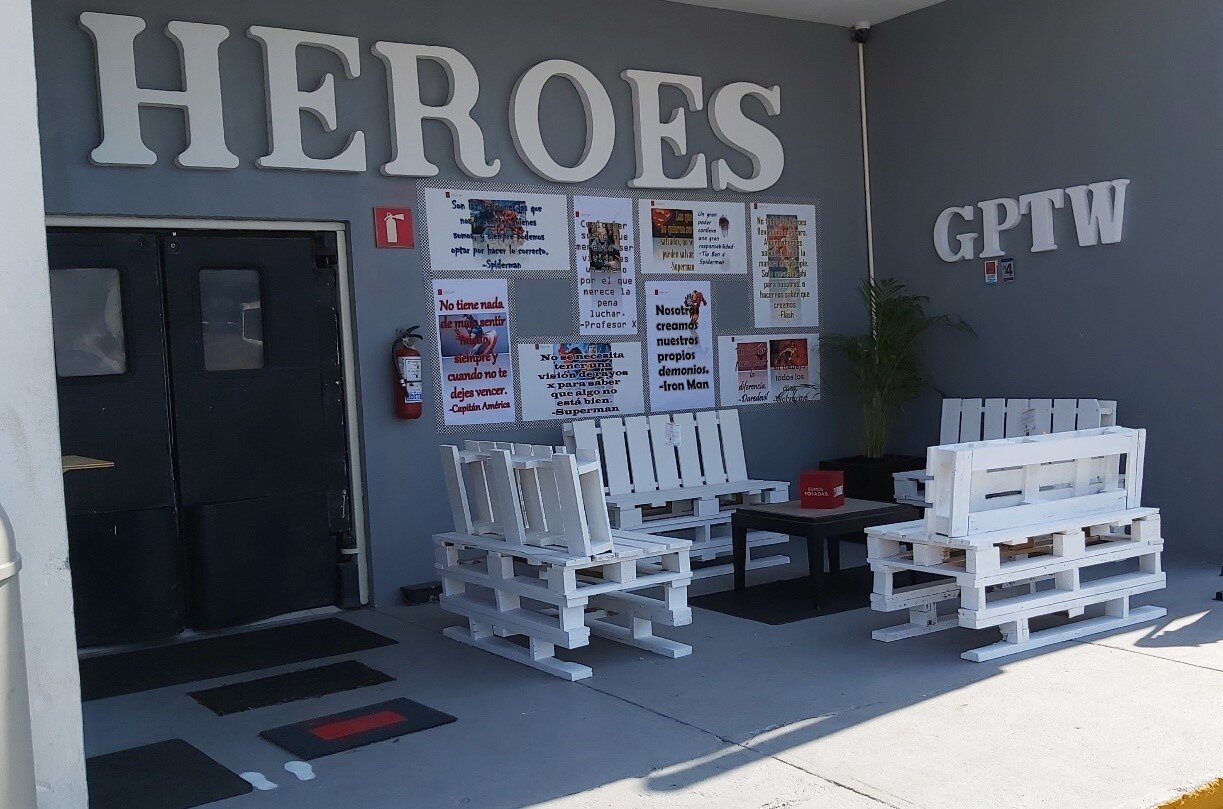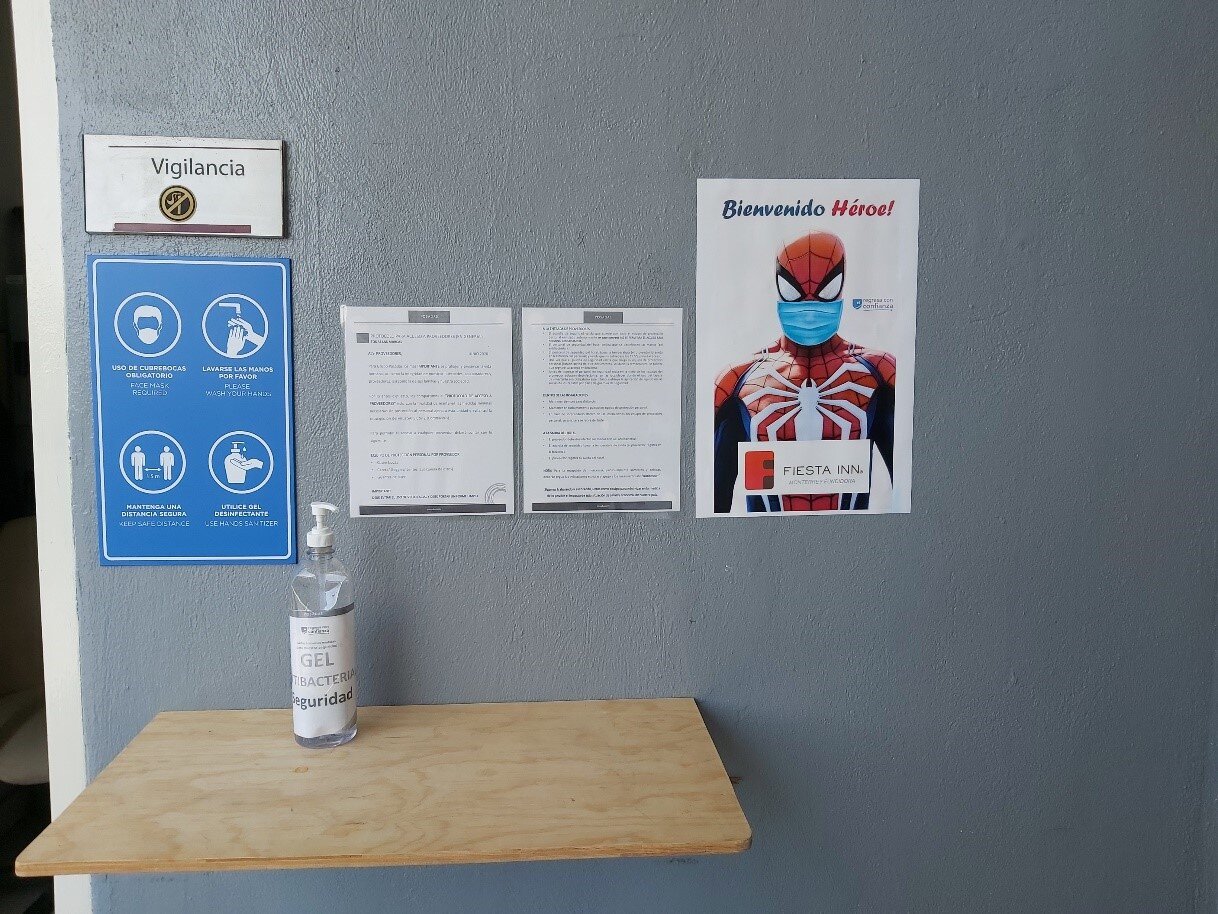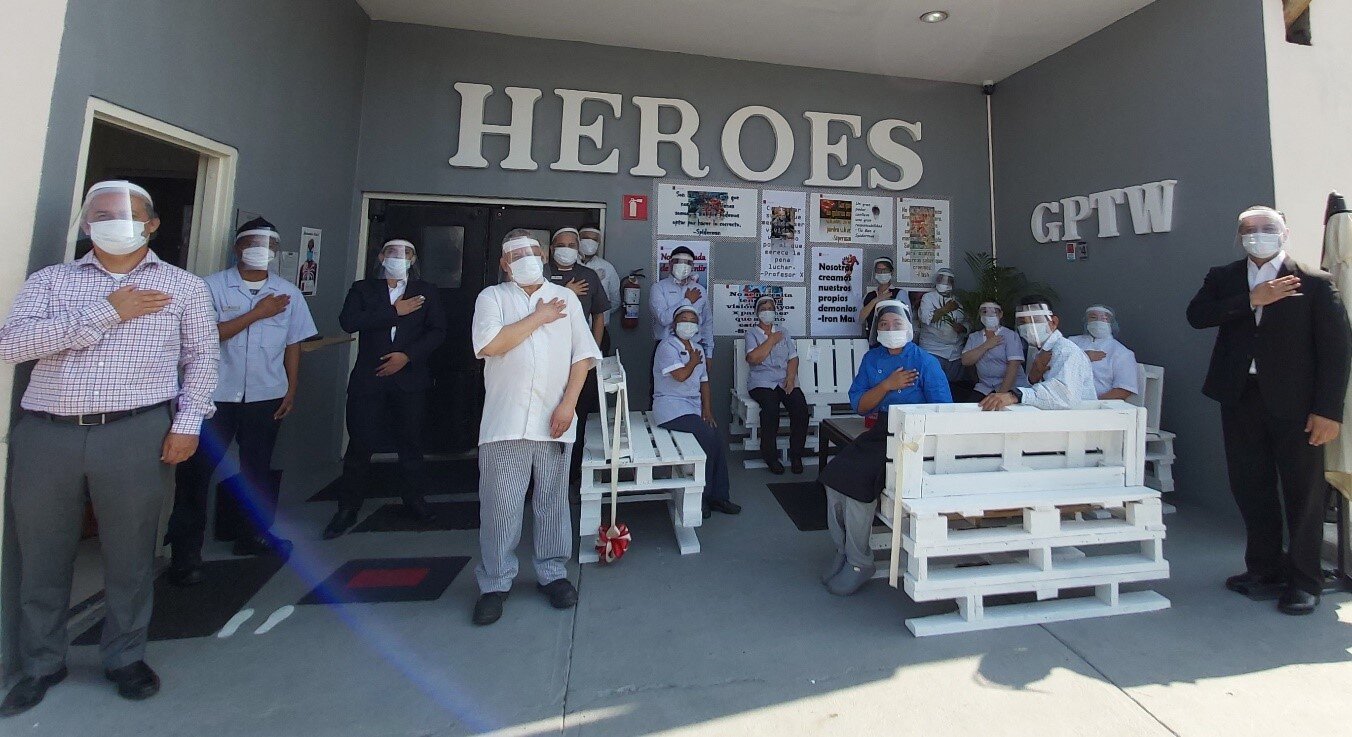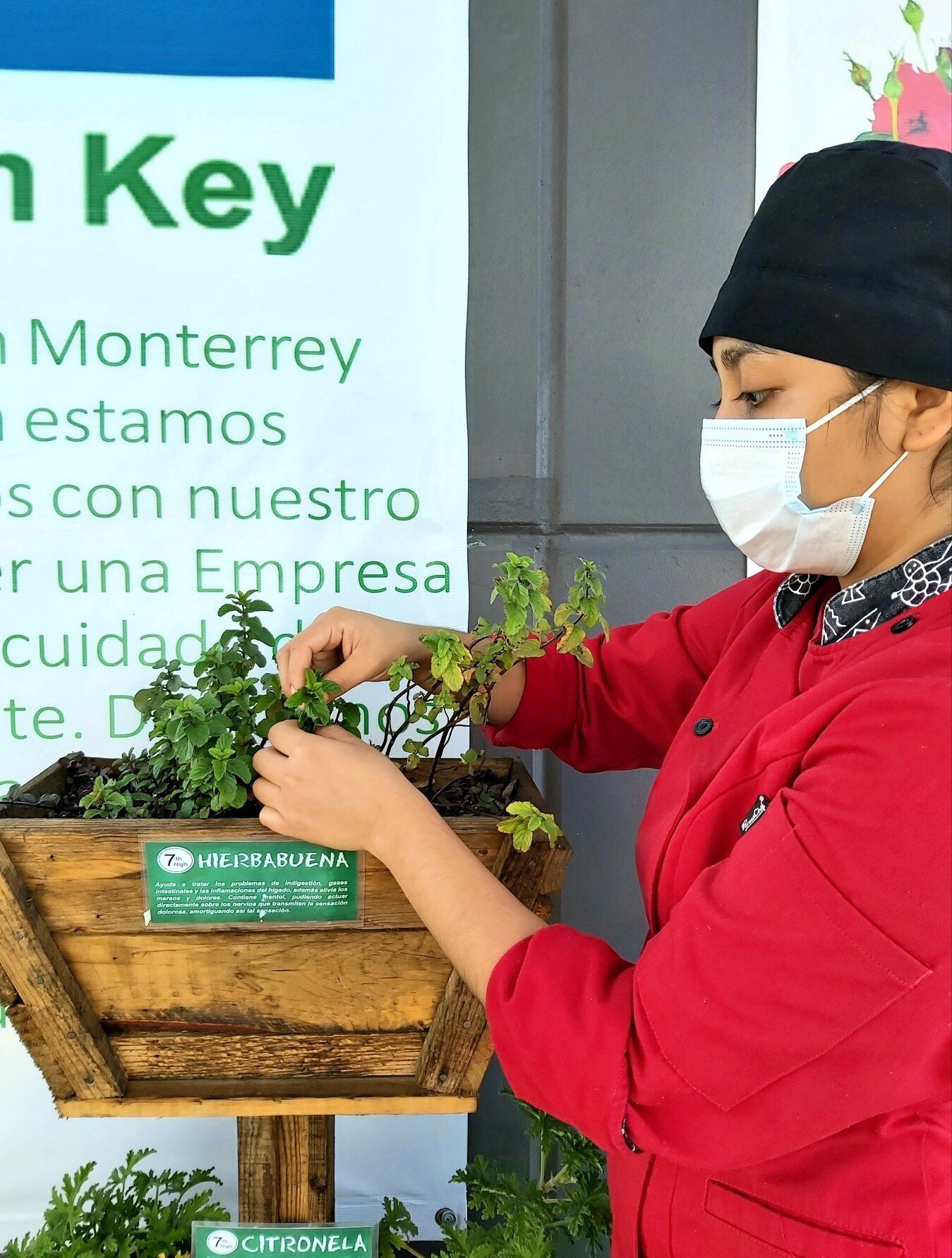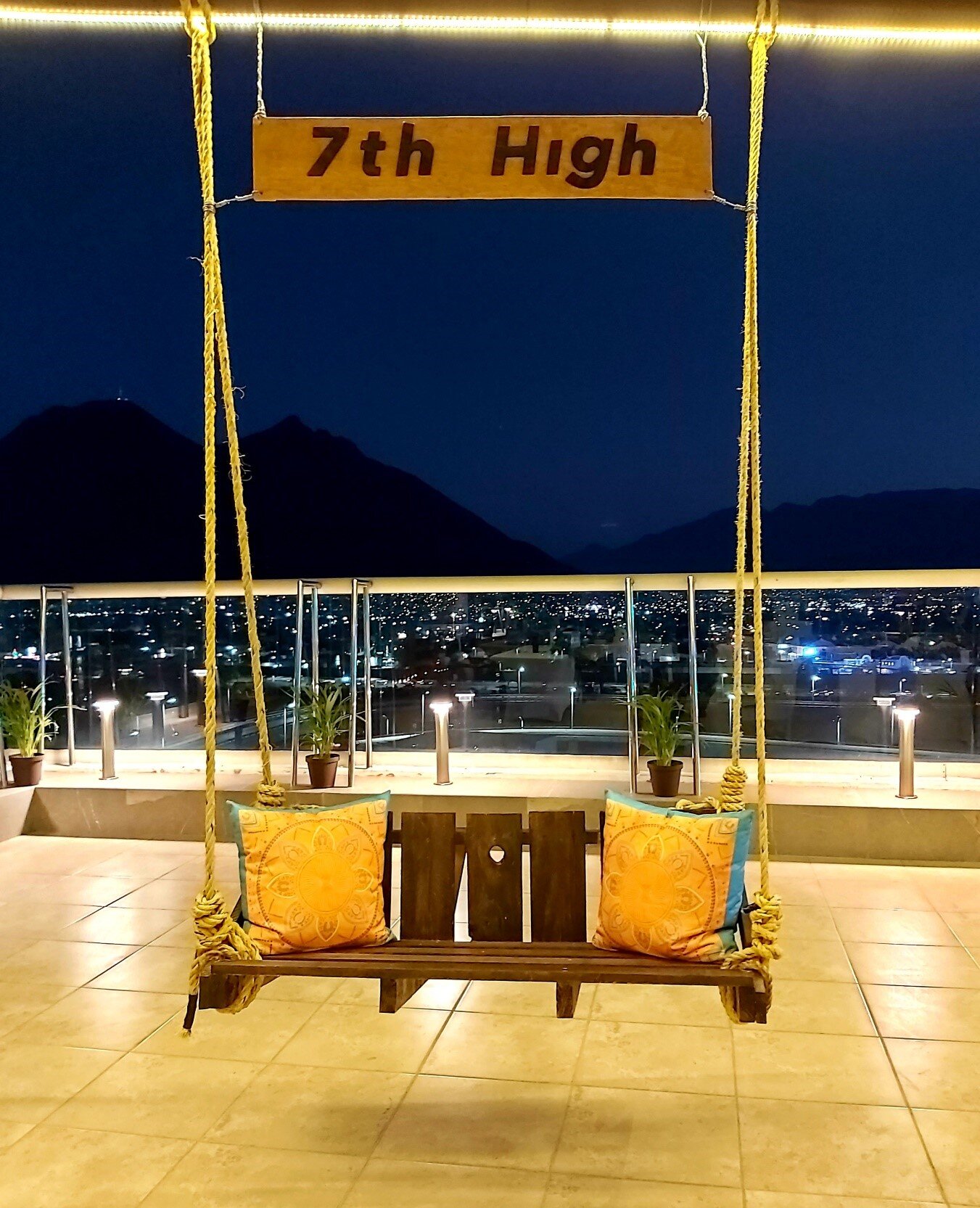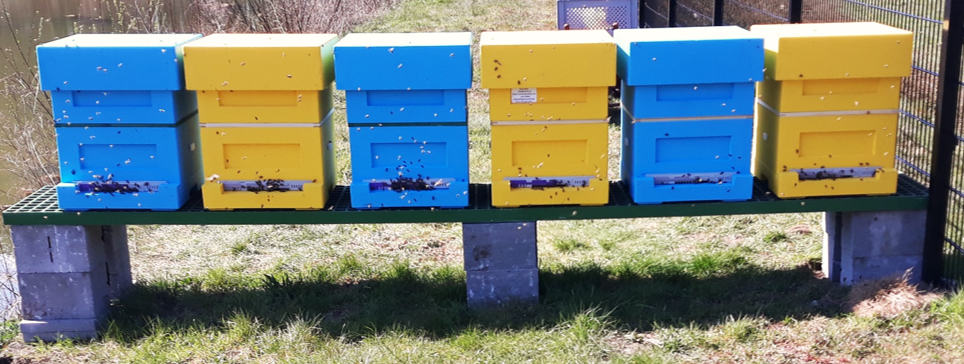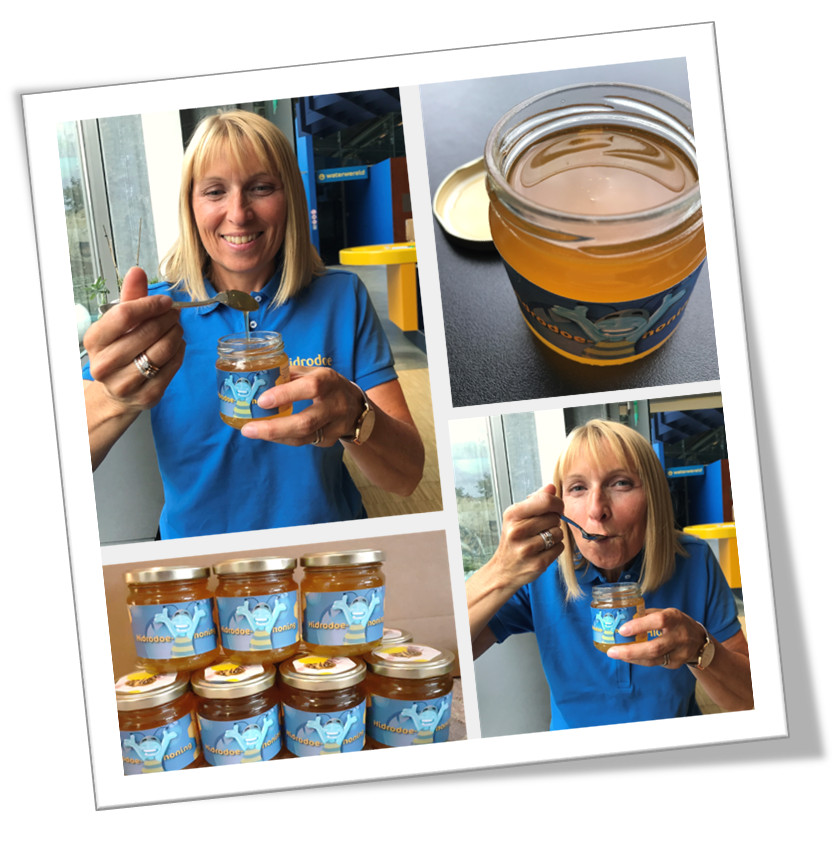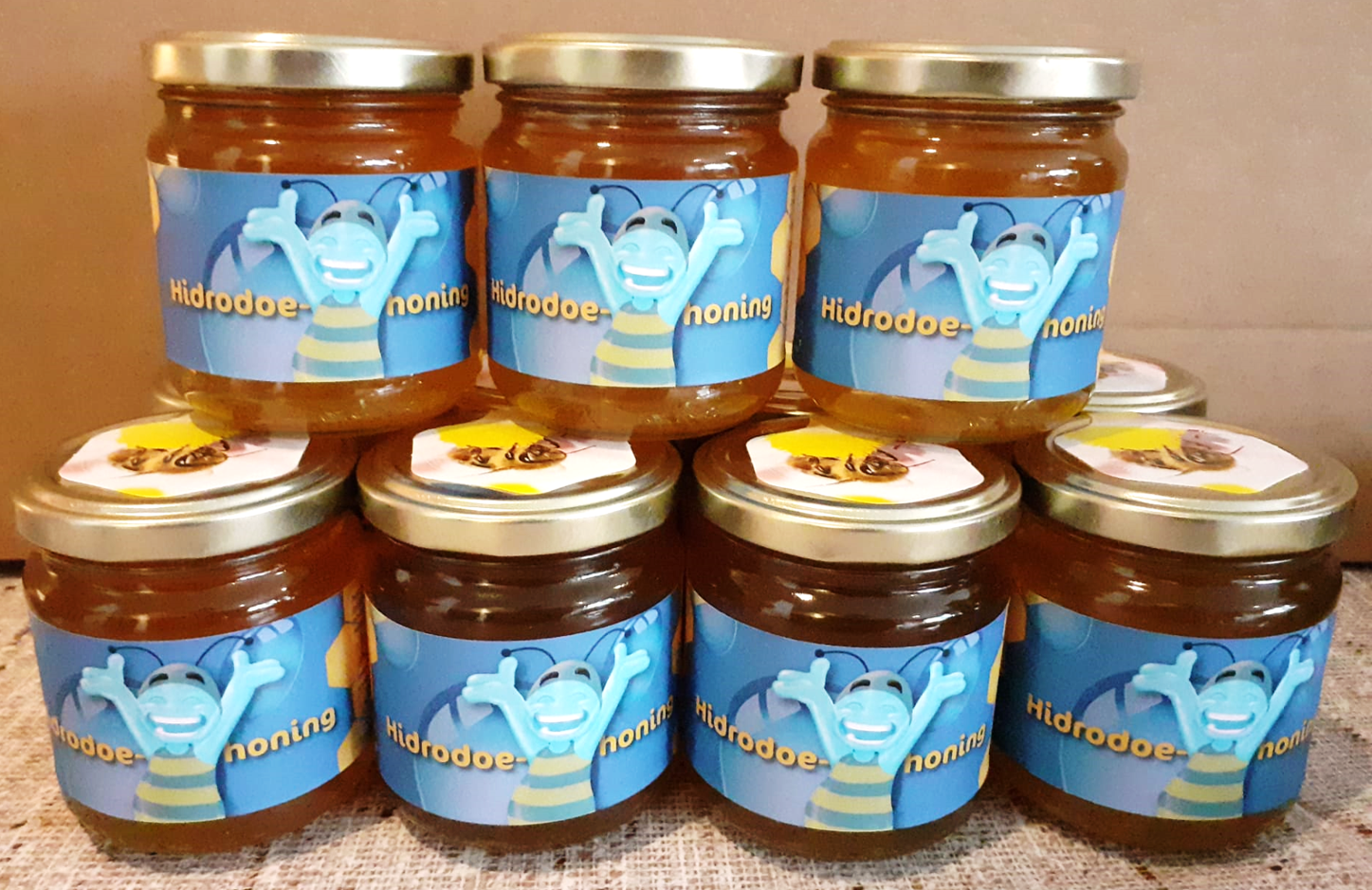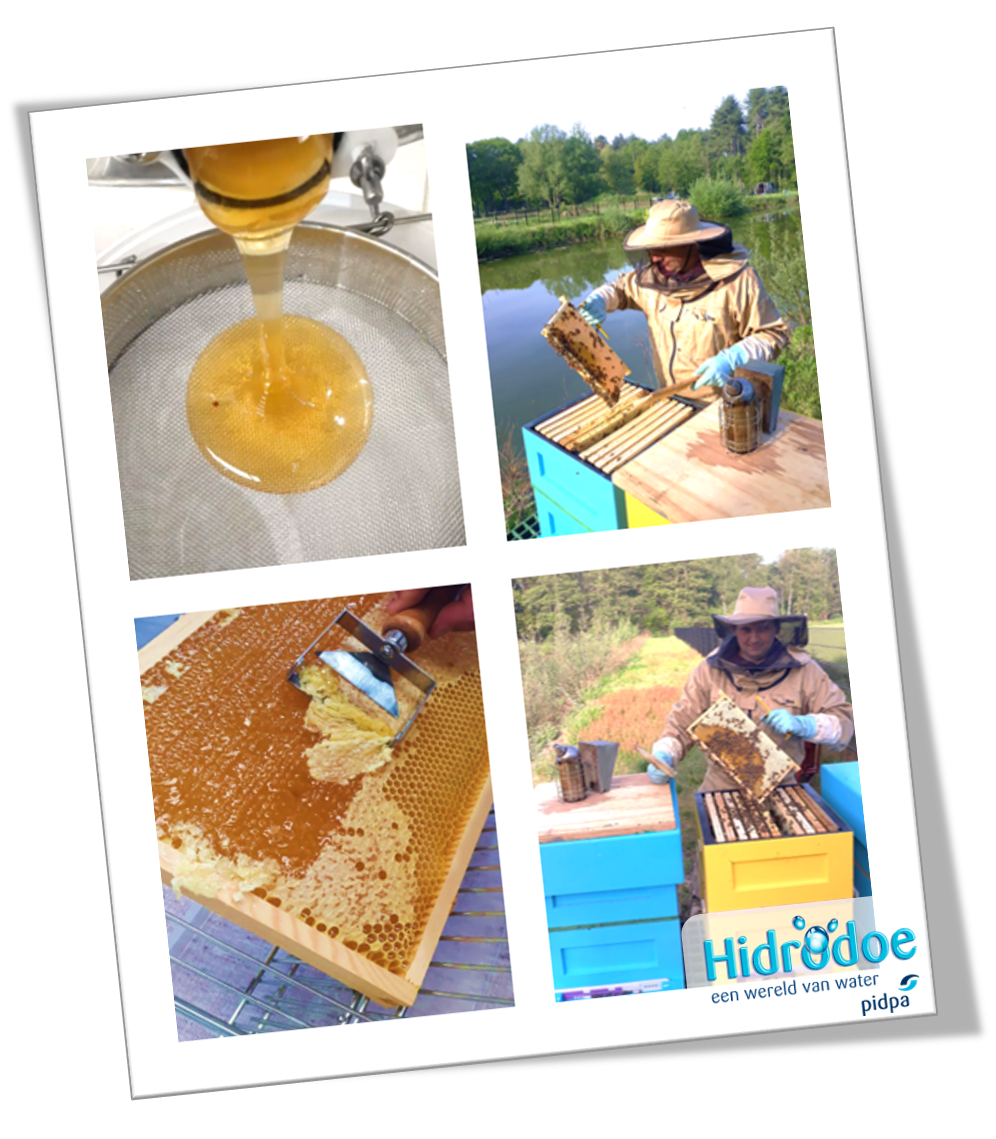The high-quality apartments of the Landal Resort Maria Alm in Austria are entirely heated through the local biomass power stations and the hotel's own hydroelectric power plant. Landal GreenParks is therefore continuing their consistent pursuit of climate neutrality and realising a sustainable, nature-oriented holiday park in the midst of a breathtaking mountain world.
Photo: © Landal Resort Maria Alm
The exclusive holiday resort Landal Resort Maria Alm is located in the centre of the Austrian village Maria Alm, offering a beautiful view towards the Hochkönig massif. The resort, which is situated next to the small river Urslau, was built as a project of the Jägerbau GmbH, a company based in the state of Vorarlberg. As part of this project, an area that has previously been used as a sawmill has been redesigned. To run the sawmill, its owners, the Lohninger family, have already since 1906, relied on the renewable energy hydropower. In 2012, the family began to convert and modernise the hydropower plant, now supplying the entire resort, with a capacity of approximately 550 beds with electricity and heat (about 800,000 kWh heat per year). During absolute peak times, the biomass power plant, which is also located in Maria Alm and the Salzburg AG, the regional energy- and infrastructure supplier additionally provide heat and energy. In addition to the apartments, also the e-charging station of the resort is supplied with electricity from the power plant.
Besides the hydroelectric power station, the resort also focuses on raising awareness and educating guests about the adequate separation of waste. For this purpose, eleven waste rooms with more than 80 waste bins, divided among ten houses, guarantee a smooth and proper waste separation.
In addition to engaging in these big, environmentally friendly actions, the Landal Resort Maria Alma also focuses on smaller details, which are equally important for a more sustainable future. These actions include, for example, washing machines in the flats that allow the guests to choose whether to bring their own towels or order them from the resort. This way, the resort additionally saves resources as towels are usually changed daily. However, guests are only provided with another towel package under a small fee. Besides that, the coffee machines of the apartments are also equipped with biodegradable capsules.
The Landal Resort Maria Alm offers one hundred thirteen high-quality flats in ten chalet houses with space for up to 12 people each. Spacious living/dining rooms, fully equipped kitchens, elegant bathrooms, covered balconies and terraces as well as a fireplace and infrared sauna in the luxury category ensure a relaxing and comfortable atmosphere. In addition, the resort offers a top infrastructure including reception, indoor swimming pool (25m² pool), paddling pool, fitness room, massage and beauty area, Bollo children's club, playground, lift and one ski room per house. Finally, a sports shop with ski rental, ski school and children's beginners' area directly in front of the resort ensure to cover the needs of ski- and snow excited guests. In the traditionally furnished restaurant Lilli's with bar, lounge and large sun terrace, the ingredients for its culinary delights are mainly produced within close proximity to the hotel. The bakery, supermarket and bus station are right next to the resort. Therefore, visitors of the resort can leave their car in the underground car park for the entirety of their stay and move around with more sustainable means of transport
To read more about the resort, follow this link.



